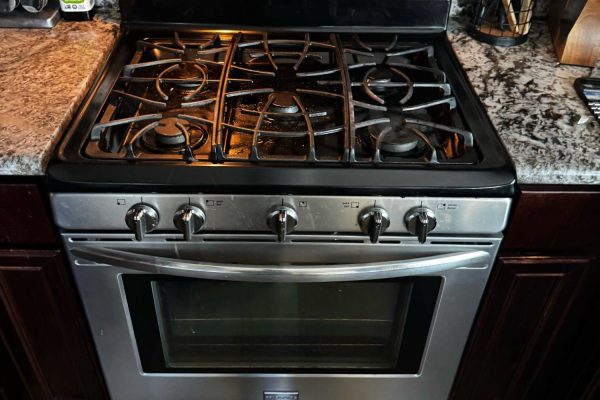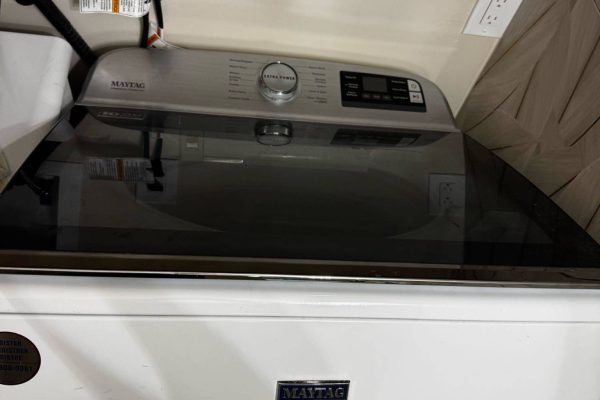A refrigerator is designed to maintain a stable and cool temperature that protects your food, preserves freshness, and ensures your household runs smoothly. So when you hear the compressor running, yet the interior of the fridge remains warm, it becomes both confusing and frustrating. This type of malfunction is more common than many homeowners assume and is often tied to issues hidden deep within the appliance’s cooling system: a refrigerant leak or a faulty evaporator coil. Understanding these problems can help you act early and prevent costly repairs or complete system failure.
Why the Compressor Can Run Without Cooling
The compressor is the heart of your refrigerator’s cooling process. When the temperature rises, the compressor activates, circulating refrigerant through the coils to remove heat and maintain the internal temperature. However, if a major component within this system is compromised, the compressor may continue to run endlessly without creating cold air.
Two of the most frequent culprits are:
- Leaks in the refrigerant system
- A malfunctioning or damaged evaporator coil
Both issues disrupt the cooling cycle and require immediate professional attention.
1. Refrigerant Leak: A Silent and Serious Problem
A refrigerant leak is one of the most common causes of warm fridge temperatures while the compressor continues to operate. Refrigerant, often referred to as “freon,” continually cycles through the evaporator and condenser coils to absorb heat and release it outside the refrigerator. When the system loses refrigerant, the appliance can no longer perform this essential heat exchange.
Signs of a Refrigerant Leak
- The fridge gradually loses cooling power
- The compressor runs constantly without reaching the correct temperature
- Frost may build up on one section of the evaporator coil
- You may hear a subtle hissing sound
- The back of the refrigerator may feel warmer than usual
Because refrigerant doesn’t get “used up,” a drop in level always indicates a leak. These leaks can occur due to corrosion, vibrations in the system, age-related wear, or small punctures in the cooling lines. Over time, even a tiny leak can lead to complete cooling failure.
Why You Shouldn’t Ignore It
Refrigerant leaks can severely damage the compressor, leading to repairs that are far more expensive than fixing the initial problem. They also reduce energy efficiency, forcing the refrigerator to run longer and consume more electricity. And importantly, refrigerant must be handled only by certified professionals, as it requires specialized tools and environmental safety procedures.
2. Faulty Evaporator Coil: Hidden but Critical
Another major reason your refrigerator stops cooling while the compressor keeps running is a faulty evaporator coil. Located inside the freezer section, the evaporator coil is responsible for absorbing heat from the interior and pushing cold air into the fridge compartment.
Common Evaporator Coil Issues
- Ice buildup from a malfunctioning defrost system
- Corroded metal, causing weak spots or leaks
- Physical damage from improper repairs
- Electrical issues affecting the evaporator fan or the coil’s ability to exchange heat
When the evaporator coil is not functioning properly, it cannot absorb heat effectively. The compressor, detecting the rising temperature, works harder and longer, but the fridge still fails to cool.
Symptoms of a Faulty Evaporator Coil
- Warm air in both fridge and freezer compartments
- Frost or ice buildup in unusual places
- Water pooling at the bottom of the fridge
- Uneven temperature zones
- Unusually long cooling cycles
A malfunctioning coil disrupts the cooling cycle completely, making the refrigerator ineffective regardless of how often the compressor runs.
Why Professional Diagnosis Is Essential
A compressor that runs but fails to cool is never a minor issue. Problems with refrigerant levels or evaporator coils involve sealed-system components that require expertise and certification to repair. Attempting to inspect or fix these components without proper training can worsen the situation and void your warranty.
A licensed technician will:
- Measure refrigerant pressure correctly
- Detect leaks using specialized tools
- Test the evaporator coil for damage or corrosion
- Inspect the compressor’s performance
- Ensure safe and accurate repairs
Early diagnosis prevents additional component failures, extends the lifespan of your fridge, and restores proper cooling efficiency.
Protecting Your Refrigerator From Future Problems
While some causes are unrelated to user habits, routine maintenance helps identify early signs of trouble. To reduce the risk of cooling issues:
- Clean condenser coils regularly
- Keep the refrigerator properly leveled
- Ensure enough airflow around the appliance
- Avoid overloading the fridgе
- Schedule periodic preventive inspections
These steps support the efficiency of both the compressor and the cooling system.
Professional Help Is One Call Away
If your refrigerator’s compressor is running but the interior is not cooling, you’re dealing with a serious sealed-system problem that requires immediate attention. Whether it’s a refrigerant leak or a faulty evaporator coil, timely service prevents further damage and brings your fridge back to reliable operation.
For fast, expert, and long-lasting repairs, contact Poway Appliance Repair Service Center today. Our certified technicians specialize in diagnosing and fixing sealed-system issues with accuracy and care. Don’t wait until the problem becomes more expensive — schedule your service now and restore your refrigerator’s cooling performance.
Contact us


